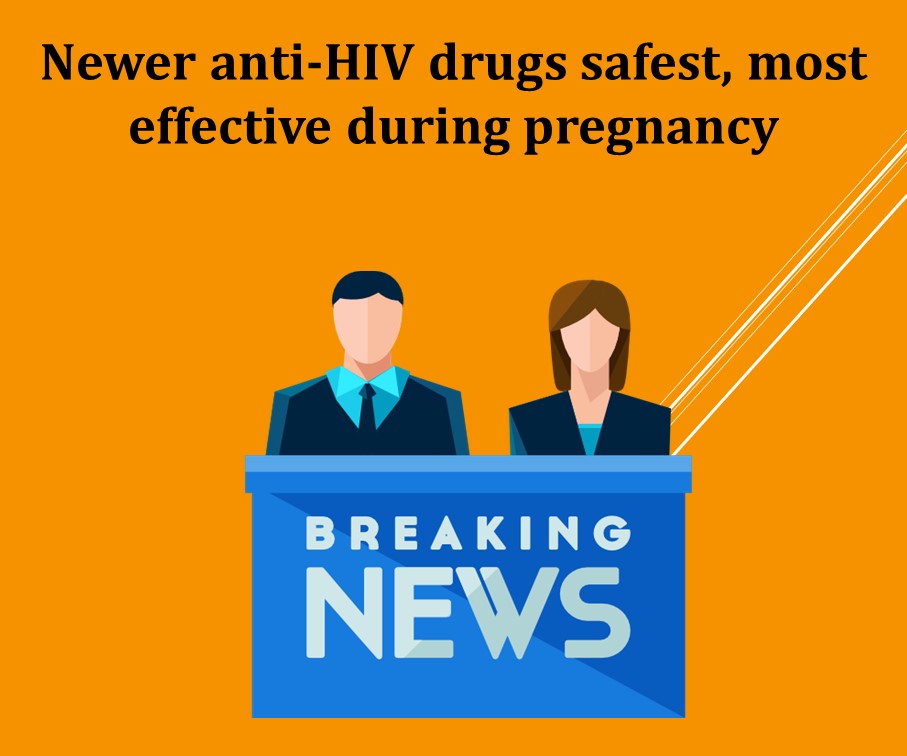
The antiretroviral drugs dolutegravir and emtricitabine/tenofovir alafenamide fumarate (DTG+FTC/TAF) may comprise the safest and most effective HIV treatment regimen currently available during pregnancy, researchers announced today. Their findings come from a multinational study of more than 640 pregnant women with HIV across four continents. The study results affirm updated recommendations for HIV treatment in pregnant women set forth by the World Health Organization (WHO). Previous research clearly has demonstrated that antiretroviral therapy (ART) to suppress HIV prevents perinatal HIV transmission and benefits the health of both mother and child. The current study compared three antiretroviral drug regimens and found that regimens containing dolutegravir (DTG) were more effective in suppressing HIV than a commonly used regimen containing efavirenz (EFV).
The Phase 3 clinical trial is called IMPAACT 2010 or VESTED (Virologic Efficacy and Safety of Antiretroviral Therapy Combinations with TAF/TDF, EFV and DTG). It was sponsored by the National Institute of Allergy and Infectious Diseases (NIAID), part of the National Institutes of Health. VESTED was conducted by the International Maternal Pediatric Adolescent AIDS Clinical Trials (IMPAACT) Network, which receives support from NIAID, the Eunice Kennedy Shriver National Institute of Child Health and Human Development (NICHD), and the National Institute of Mental Health, all parts of NIH.
Lameck Chinula, M.B.B.S., M.Med., presented the findings today at the 2020 Conference on Retroviruses and Opportunistic Infections (CROI). Dr. Chinula is an assistant professor in the UNC Department of Obstetrics and Gynecology’s Division of Global Women’s Health at the UNC School of Medicine and Clinical Research Site Leader at UNC Project Malawi, a collaboration between UNC-Chapel Hill and the Malawi Ministry of Health.